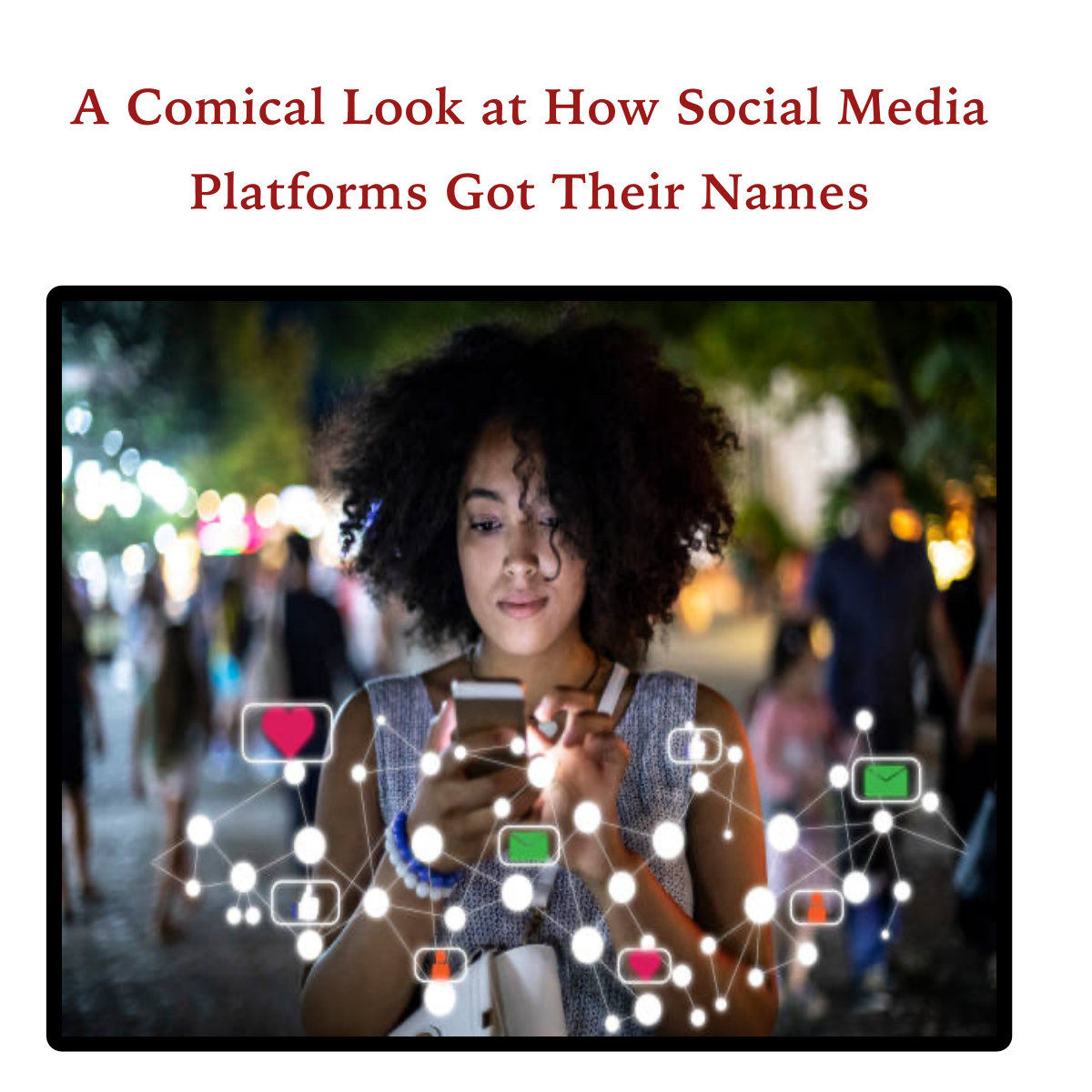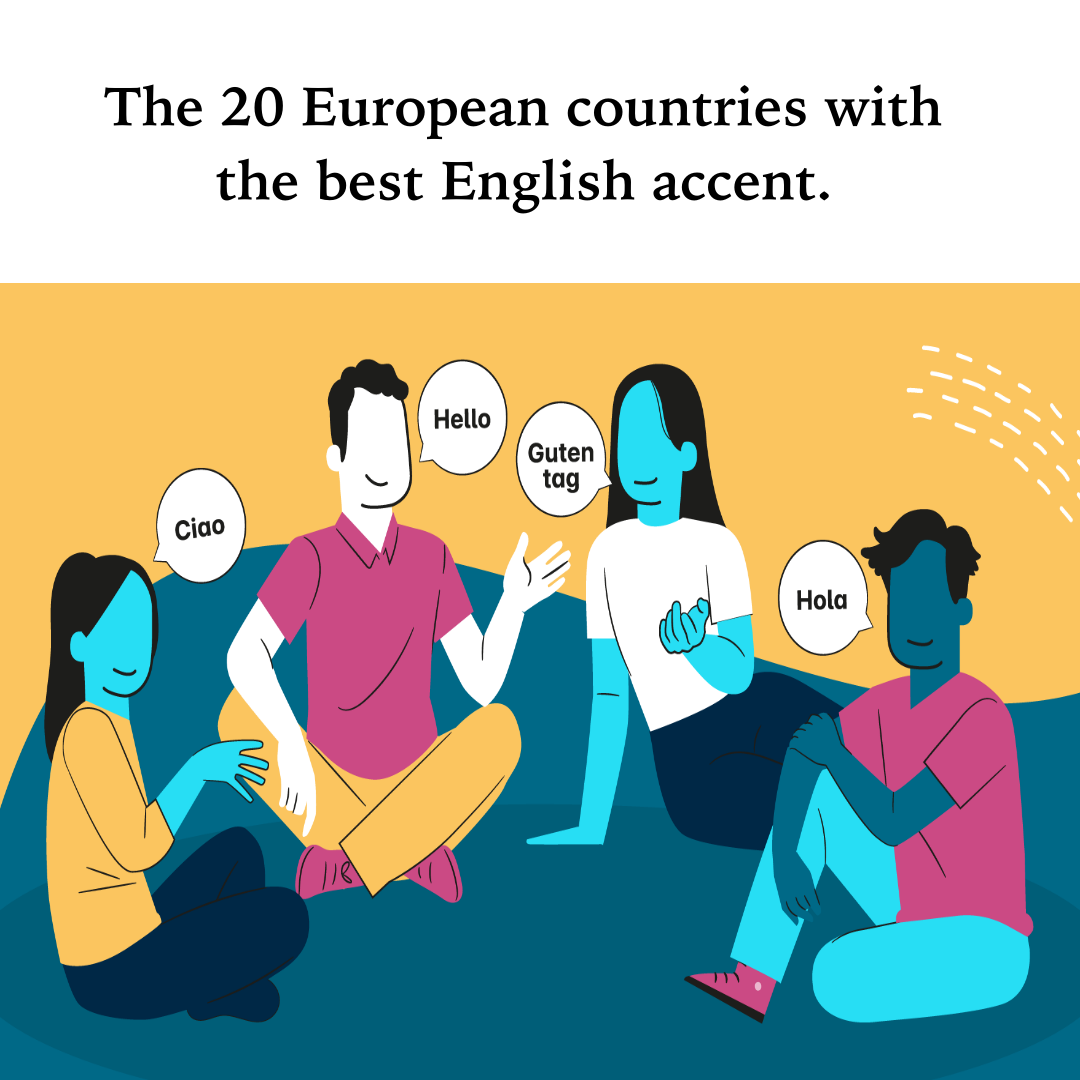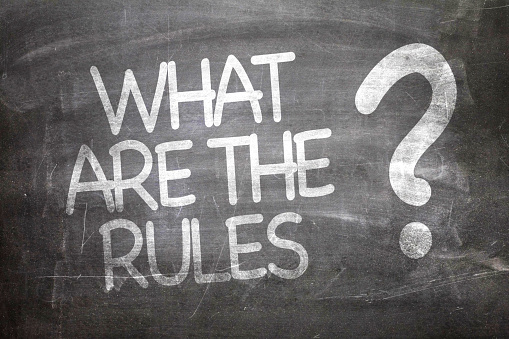What’s in a name? Well, when it comes to social media platforms, the answer is “a lot.” The names of social media giants like Facebook, Twitter, and Instagram have become synonymous with the platforms themselves, but have you ever stopped to wonder how they got their names? The stories behind these names are often surprisingly funny, creative, and even a bit strange. In this article, we’ll take a deep dive into the origins and meanings of some of the most popular social media platform names and explore the fascinating stories behind them.
Thank you for reading this post, don't forget to subscribe!1. Facebook
Mark Zuckerberg initially called his social network “Thefacebook” because it was designed to be a digital version of a printed college directory called “The Face Book” that was distributed to students at Harvard. The name was eventually shortened to “Facebook” when the platform expanded beyond Harvard to other colleges and eventually the general public.
2. Twitter
The founders of Twitter wanted a name that reflected the platform’s focus on short, quick messages. They considered several options, including “Friendstalker” and “Twttr,” before settling on “Twitter.” The name is a play on the word “twittering,” which means to chatter or talk rapidly.
3. Instagram
The name “Instagram” is a combination of “instant camera” and “telegram.” The founders wanted a name that conveyed the idea of sharing photos and videos instantly with friends and followers.
4. Snapchat
The name “Snapchat” is a combination of “snap” and “chat.” The founders wanted a name that reflected the platform’s focus on ephemeral, disappearing messages.
5. LinkedIn
The name “LinkedIn” is a reference to the idea of connecting people and their professional networks. The platform is designed to help people find and connect with colleagues, clients, and other professionals in their industry.
6. YouTube
The name “YouTube” is a play on the words “you” and “tube,” which refers to the way videos are delivered on the internet. The platform allows users to upload, share, and view videos on a wide range of topics.
7. TikTok
The name “TikTok” is a reference to the short, bite-sized videos that are the platform’s signature feature. The name comes from the concept of “ticking” and “tocking” of a clock, which represents the short, attention-grabbing nature of the videos.
Check out more articles: Don’t Let These 12 Expressions Ruin Your Blind Date
In the world of social media, a name can be everything. It can make or break a platform, and it can influence how users perceive it. The names of social media platforms like Facebook, Twitter, and Instagram have become so ingrained in our culture that it’s easy to forget that they were once just ideas in the minds of their creators. However, as we’ve seen, the stories behind these names are often as interesting and entertaining as the platforms themselves. From “Thefacebook” to TikTok, each platform’s name reflects its unique mission and focus, and the creative process behind each name is a testament to the ingenuity and imagination of their creators. Whether you’re a social media user or simply a curious observer, the stories behind these names are sure to entertain and amuse you.







